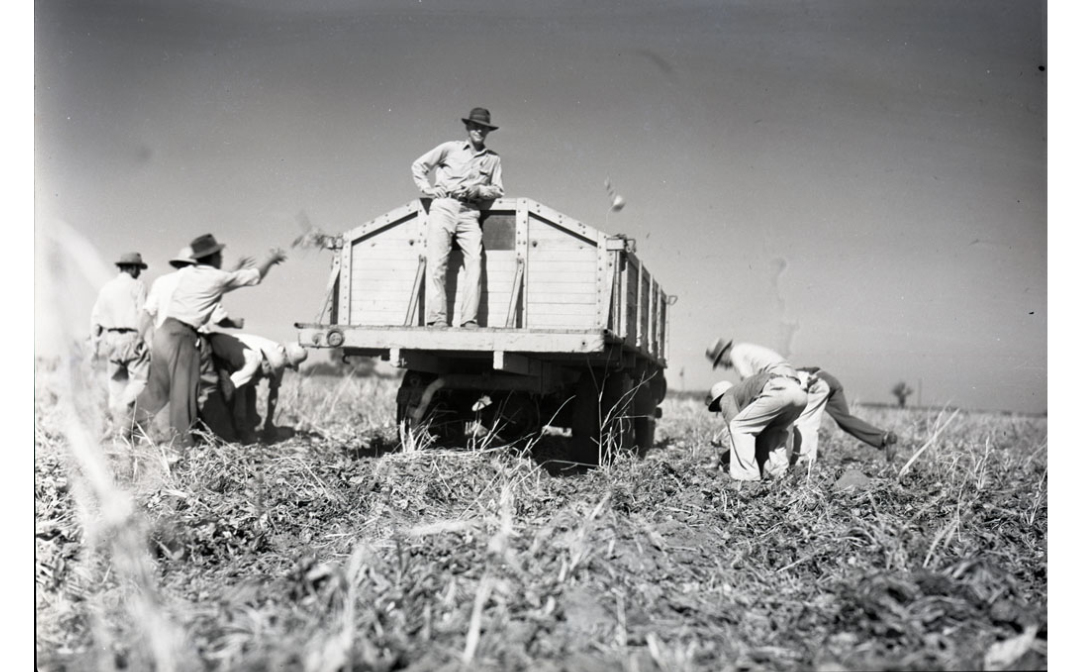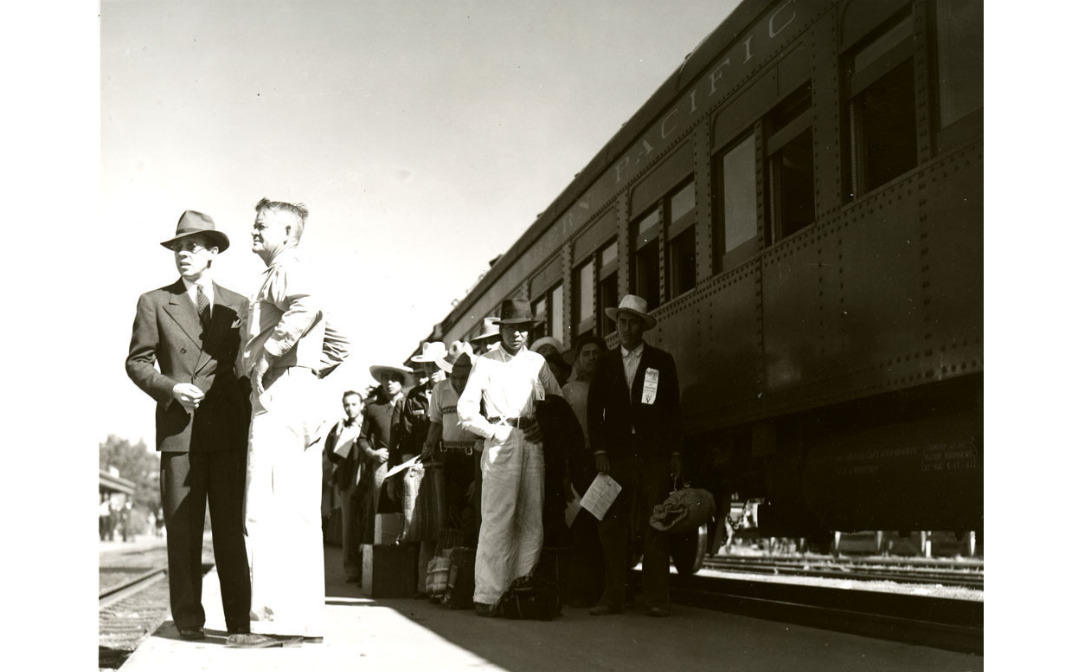Human Rights Concerns
The Bracero Program, designed to provide economic opportunities for Mexican workers, actively perpetuated human rights violations that exposed the systemic exploitation of migrant labor. Employers and program overseers treated braceros as disposable commodities rather than human beings, showing little concern for their safety, dignity, or well-being. For instance, they transported workers in overcrowded and unsafe vehicles, directly causing numerous accidents and fatalities—one stark example being the 1963 Chualar incident, where a train collided with a flatbed truck carrying braceros, killing 32 men and injuring 25 others in one of the deadliest accidents involving migrant workers in U.S. history. Beyond endangering lives through reckless transportation, employers routinely stole wages from braceros and deducted excessive amounts for substandard food, housing, and medical care, leaving workers with pitifully low earnings. Moreover, braceros endured grueling working conditions, laboring long hours in extreme heat or cold with scarce access to medical care or legal support to challenge these injustices. Racialization intensified these abuses, as growers and communities actively viewed braceros as inferior, denying them the rights and protections afforded to white American workers—a prejudice evident in reports from the era, such as a 1956 U.S. Department of Labor investigation that documented widespread contract violations and discriminatory treatment, yet resulted in little systemic change.
The Bracero Program’s human rights issues intensified due to inadequate oversight and weak enforcement of labor laws. Although the U.S. and Mexican governments established agreements to safeguard workers, agribusinesses frequently ignored or bypassed these protections. Braceros struggled to advocate for themselves because employers fiercely resisted unionization, a challenge compounded by their status as non-citizens, which barred them from joining unions. The Wagner Act of 1935, a landmark law advancing federal recognition of unions, deliberately excluded agricultural workers from the right to organize and negotiate with employers—largely due to Southern Democrats’ efforts to suppress activism among Black tenant farmers, though this exclusion broadly undermined migrant farm laborers like the braceros. Any attempts to organize met swift retaliation, including deportation. The program’s design, linking workers’ visas to specific employers, trapped braceros in exploitative conditions, as leaving abusive situations jeopardized their legal status. This systemic disregard for braceros’ rights mirrored a society that valued economic profit over the dignity of marginalized workers. The legacy of this exploitation continues to influence contemporary discussions about migrant labor and the urgent need for stronger protections for vulnerable workers.

